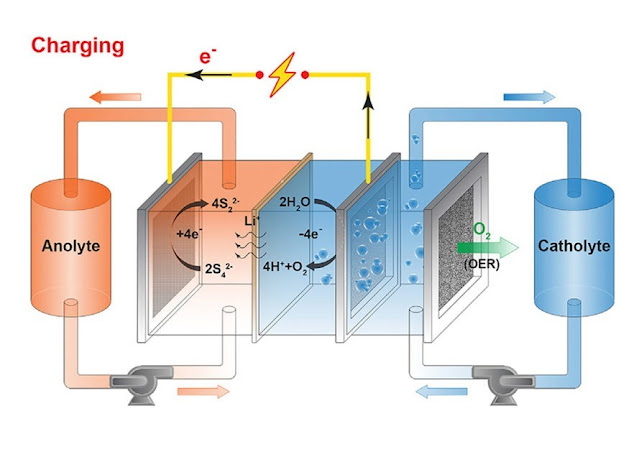Key Takeaways
Key players operating in the Global Pharmaceutical Intermediates are Evonik,
Borregaard AS, Sudarshan Pharma, A.R. Life Science, Actylis, Saurav Chemicals
Ltd., Lianhetech, Midas Pharma GmbH, Sanofi , BASF SE, Chiracon GmbH, Lonza,
Chemcon Speciality Chemicals Limited., Modepro India Pvt. Ltd., Lifechem
Pharma, Sarex, LANXESS. The growth in pharmaceutical manufacturing outsourcing
to emerging Asian countries like India and China is creating significant demand
for pharmaceutical intermediates. Also, advancements in process chromatography
techniques for purification of intermediates is making the production more cost
effective and scalable.
Market Trends
Growing Adoption of Continuous Processing:
Pharmaceutical
Intermediates Market Size Continuous processing enables conducting
chemical reactions and purification steps in a continuous uninterrupted manner.
This makes the production of pharmaceutical intermediates more efficient.
Companies are increasingly adopting continuous processing to meet growing API
demand.
Increasing Outsourcing to Generic Drug Makers in Asia: There has been a rise in
the outsourcing of API manufacturing to generic drug makers in Asia Pacific
owing to availability of generic expertise and low costs. This is propelling
the demand for pharmaceutical intermediates from Asian CDMOs.
Market Opportunities
Demand for Complex Intermediates: With increasing pipeline of novel biologics
and specialty drugs, the demand for structurally complex intermediates is
expected to rise significantly over the coming years. This presents lucrative
opportunities for intermediates manufacturers.
Capacity Expansions in Emerging Markets: To cater growing outsourcing demand
from Asia, leading intermediates suppliers are investing in capacity expansions
in top generic drug manufacturing countries like India and China. This is
expected to open new avenues for market players.
Impact of COVID-19 on Global Pharmaceutical Intermediates Market
The COVID-19 pandemic has adversely impacted the growth of the global
pharmaceutical intermediates market. Factors such as nationwide lockdowns,
travel restrictions and supply chain disruptions led to decreased production
volumes across manufacturing facilities worldwide in the initial phases of the
pandemic. This further led to shortage of pharmaceutical intermediates required
for manufacturing essential drugs and medicines. However, with gradual lifting
of lockdowns and resumption of industrial activities, the market is expected to
recover going forward.
The pandemic has also fast-tracked research and development of new drugs and
vaccines for treating COVID-19 infections. This has significantly increased the
demand for various pharmaceutical intermediates required for manufacturing APIs
for antiviral drugs, immunotherapies and vaccines. For instance, intermediates
like ethylenediamine, phenylacetic acid and sodium acetate are used in the
manufacture of Tamiflu, Remdesivir and other drugs developed for treating
COVID-19. Investments into expanding production capacities of such
intermediates involved in COVID-19 drug manufacturing are expected to boost
market growth post COVID-19. Overall, while the short term impact was negative,
the long term outlook remains positive driven by ongoing research for COVID-19
therapeutics.
In terms of geography, North America accounted for the largest share of the
global pharmaceutical intermediates market in terms of value before the
pandemic. This can be attributed to factors such as presence of
well-established pharmaceutical industry and developed healthcare
infrastructure in the region. However, Asia Pacific is expected to witness the
fastest growth post COVID-19. This is due to increasing investments by major
players into setting up or expanding existing manufacturing facilities in
countries like China and India to cater to growing API demand. Government
initiatives supporting local drug production are further augmenting market
growth in Asia Pacific.
The concentration of pharmaceutical intermediates market in terms of value has
also been high in Europe. Top companies manufacturing pharmaceutical
intermediates have their production bases located across Germany, France, UK
and Italy. However, growing biosimilar and generic drug manufacturing in
developing nations is likely to provide significant opportunities for market
stakeholders in Asia Pacific and Middle Eastern regions over the upcoming
years.




Comments
Post a Comment